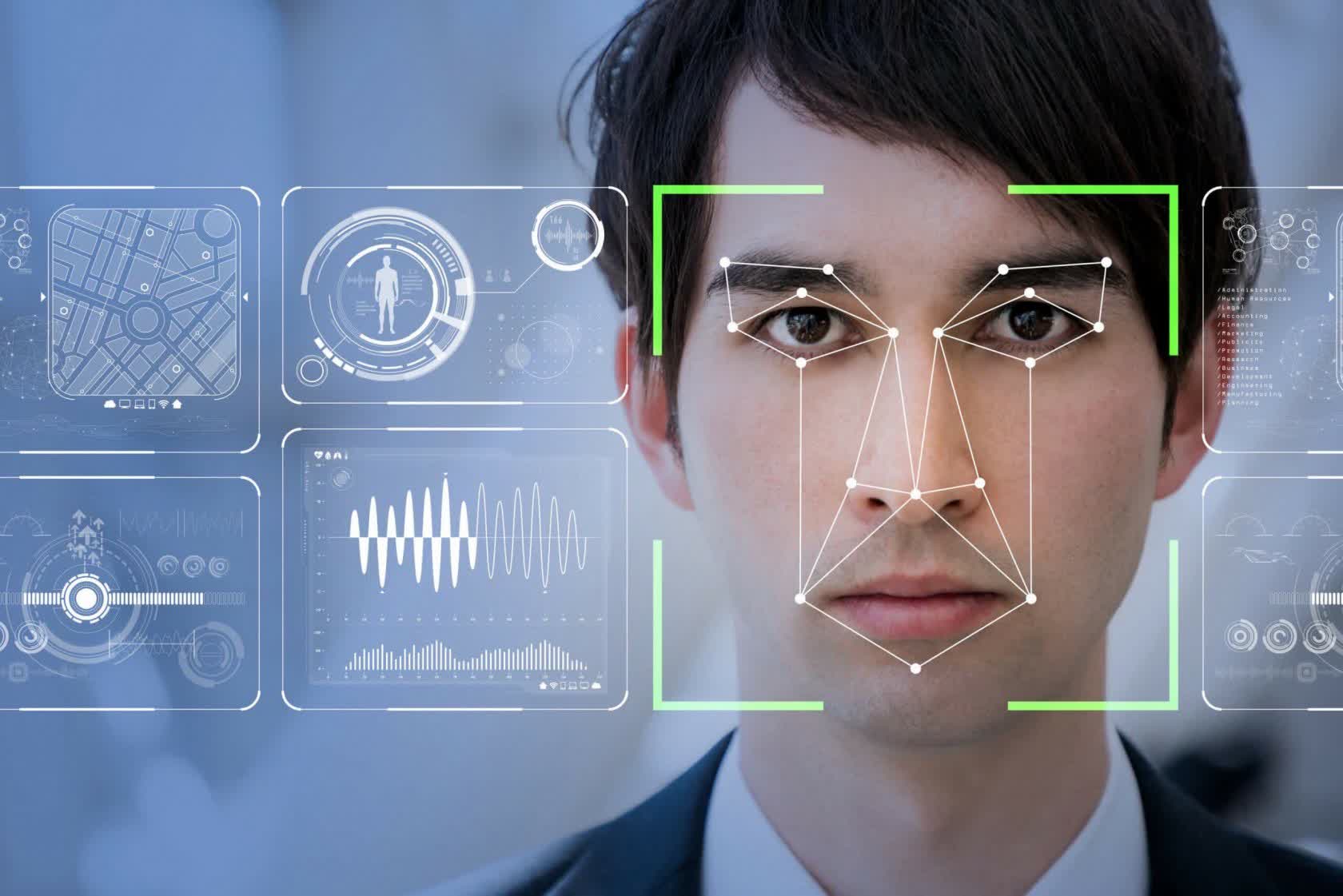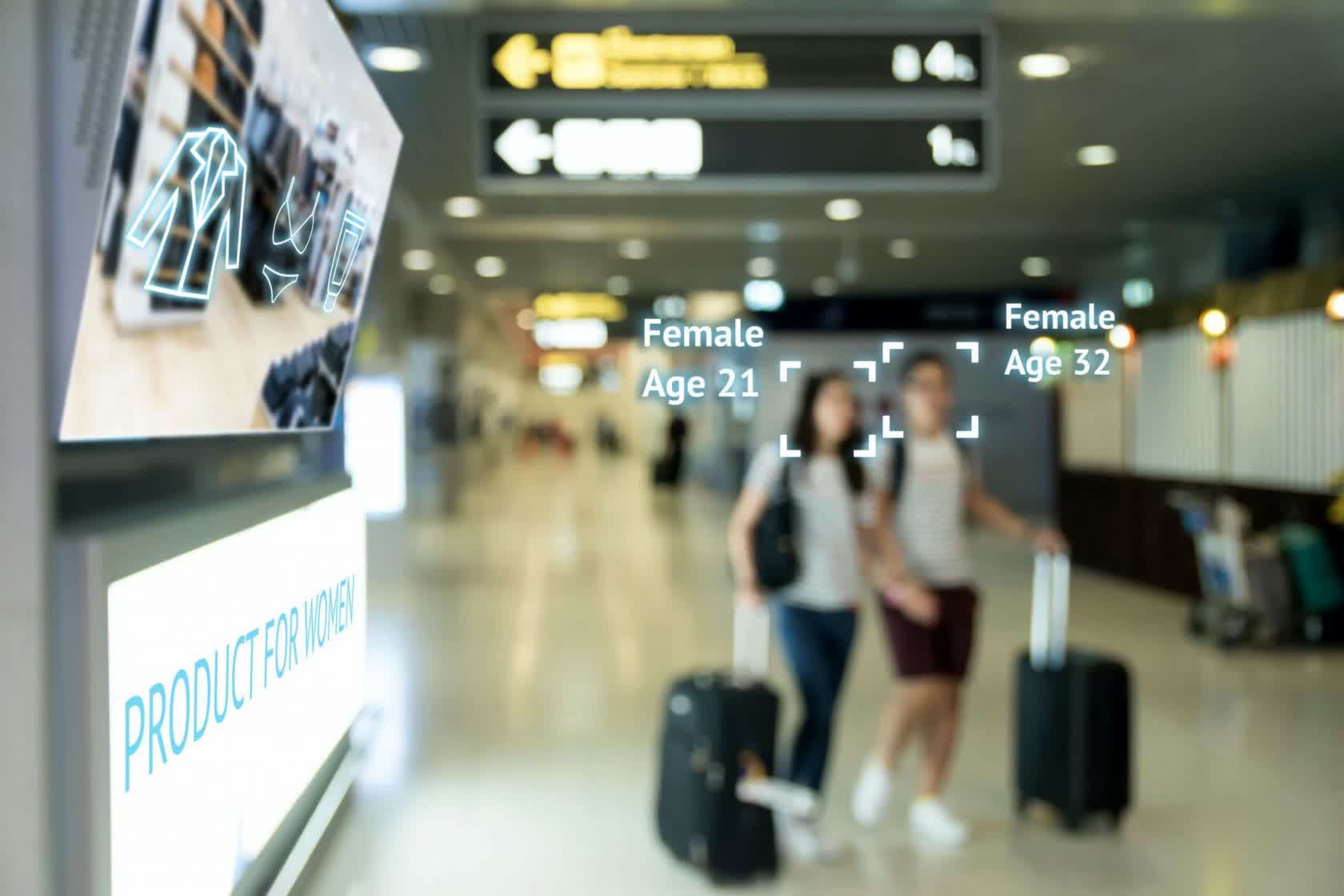Privacy: Facial recognition technology has always been a source of controversy in the tech community; no matter how it's used. Police departments across the US have expressed interest in using it to identify and catch criminals, and companies use it to improve security. However, in a small – but significant – win for privacy advocates, the city of Portland, Oregon has placed a blanket ban on the use of all public facial recognition.
That means private companies cannot deploy facial recognition cameras in public areas and law enforcement officials can't use it to fight crime. Indeed, if officials do obtain critical evidence through these now-illegal means and attempt to present it during a legal case, it must be suppressed by law.
Additionally, any instances of illegal surveillance on the part of officials (including government leaders and law enforcement) could result in a fine (against the city) of either $100 per incident or $1,000 in total.
If that wasn't enough, any city employees caught employing facial recognition technology can be suspended or even terminated on that basis alone.

This measure passed by popular vote among Portland residents today, and the matter cannot be re-polled for a minimum of five additional years. It's not clear how large the margin of victory was for this particular ballot measure, as it was only one of five "progressive" policies decided on by Maine voters today.
Other measures include a city-mandated minimum wage of $15, municipal funding to help new housing projects reach "up-to-date environmental standards," and more.
